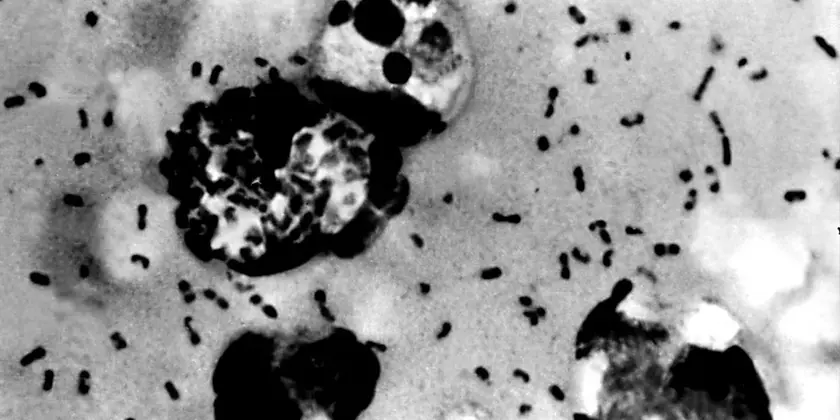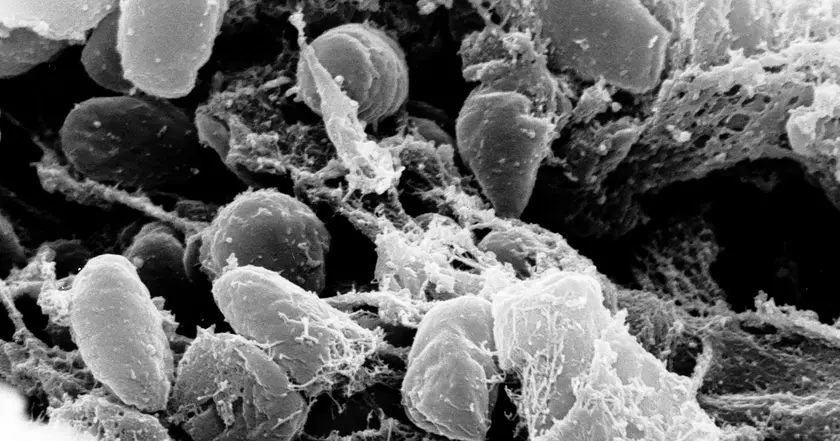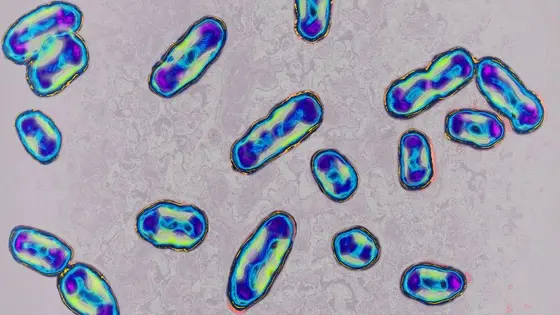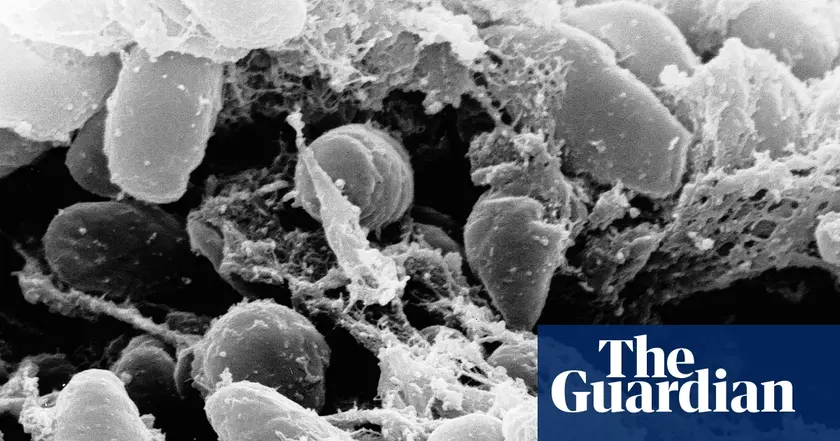T4K3.news
Plague case prompts vigilance in Tahoe
A South Lake Tahoe resident has tested positive for plague after camping in the area. Health officials urge calm, prompt care if symptoms appear.

California health officials say a resident of South Lake Tahoe tested positive for plague after camping in the area.
Plague case in South Lake Tahoe prompts vigilance
A resident of South Lake Tahoe has tested positive for plague after camping in the area. Health officials say the person is recovering at home with medical care. Authorities believe flea bites from local wildlife are the likely source. The most common form is bubonic plague, transmitted by fleas from rodents, and antibiotics work best when started early, according to the CDC.
Plague is naturally present in parts of California, but cases are rare in the United States. The last local case in El Dorado County was in 2020, and national data show only a handful of cases each year. Wildlife surveillance is ongoing, with multiple rodents testing positive in recent years and four positives in 2025 in the Tahoe region. Officials urge campers and hikers to avoid direct contact with wildlife and to seek medical care promptly if symptoms appear.
Key Takeaways
"Plague can be deadly if not treated promptly."
CDC guidance cited by officials.
"Cases are extremely rare in the United States."
CDC data cited in reporting.
"Vigilance in wildlife health protects outdoor life."
Editorial observation.
"Public health messaging should calm fear while informing."
Editorial stance.
This episode tests the line between normal outdoor life and public health risk. The rarity of plague often lowers public concern, but the disease remains dangerous when untreated. Ongoing wildlife testing and transparent reporting are essential to avoid confusion and fear.
For local businesses, the case could affect outdoor recreation markets even as officials stress safety. Clear messaging matters more than ever: it reassures residents and attracts cautious visitors. The incident also underscores how climate and wildlife ecology shape disease risk in popular destinations.
Highlights
- rare plague cases still remind us to stay alert
- vigilance in wildlife health protects outdoor life
- early antibiotics save lives
- calm public guidance beats fear
Public health risk from local plague case
The case highlights ongoing wildlife exposure risks and the need for clear public communication to avoid panic. It also raises questions about wildlife surveillance funding and outdoor recreation guidance in plague-prone areas.
Public health officials say calm, practical steps keep communities safe.
Enjoyed this? Let your friends know!
Related News

Plague case identified in South Lake Tahoe

Plague case confirmed near Lake Tahoe

Plague case reported in South Lake Tahoe

Plague case confirmed in Tahoe resident

Plague case reported in South Lake Tahoe area

Plague case confirmed in California

Plague case confirmed in South Lake Tahoe area

California Plague Case Confirmed
